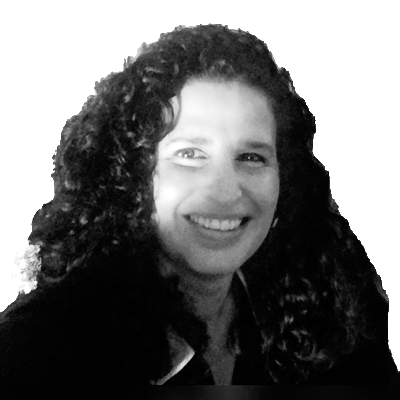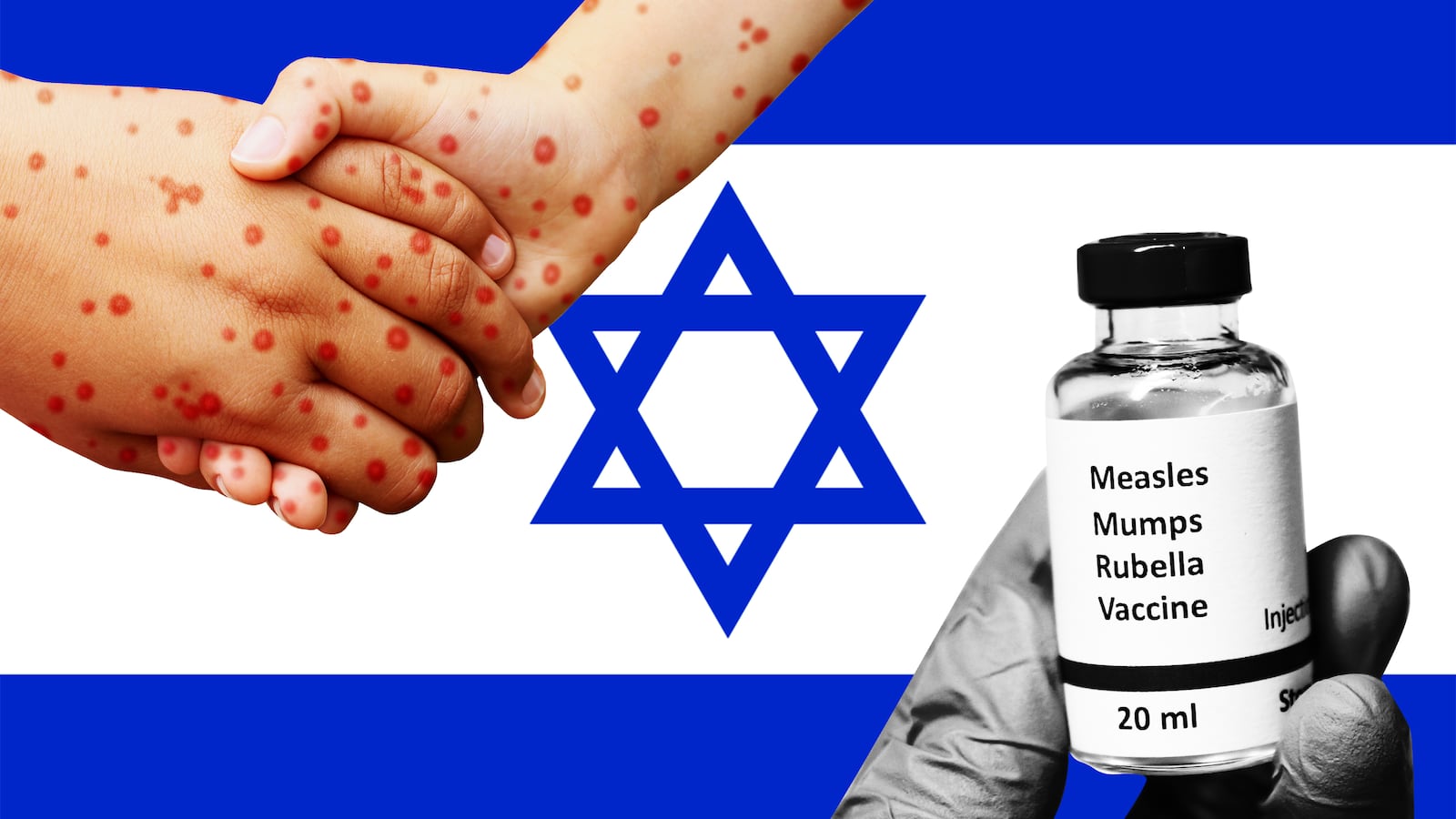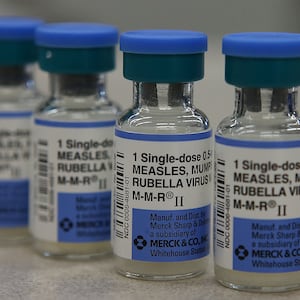JERUSALEM—In the frightening measles outbreak that has hit New York, the first child diagnosed was an unvaccinated ultra-Orthodox Jew who was infected while visiting Israel, where an outbreak of the highly infectious virus has been wreaking havoc on public health protocols.
With 214 confirmed cases, Rockland County, north of New York City, announced a draconian measure, barring all unvaccinated children and adolescents from public places, after emergency efforts—including the administration of almost 17,000 measles-mumps-rubella (MMR) vaccines in less than six months—failed to quell a widening medical emergency.
Measles, caused by a highly contagious virus, is a leading cause of vaccine-preventable deaths in the world. To keep it in check, as it has been for years, more than 95 percent of any given population must be immunized. At that point there is what’s called “herd immunity,” the modern miracle wrought by mass immunizations.
Turning those numbers around, even a tiny proportion of unvaccinated persons in an insular but not completely isolated community threatens the lives of society’s most vulnerable people: the youngest, the oldest, or the immuno-compromised, such as cancer patients. And it turns out that ultra-orthodox Jews, who live in insular communities but travel widely, are vulnerable to such an epidemic.
So far, two Israelis have died in a measles outbreak that has seen the number of diagnosed cases in the country soar from about 30 in the year 2017-2018 to almost 4,000 in the year 2018-2019.
On Sunday, Ketty Dor, Kan News’ chief health correspondent, outlined the 3,799th case of measles identified by Israel’s ministry of health, which is typical.
A woman in her thirties from the city of Tiberias, who gave birth last weekend to her 10th child, is being kept in isolation with her newborn after noticing the rash typical of measles shortly after returning home with the baby, who was infected by his mom.
Officials from the Ministry of Health are trying to track anyone who may have been exposed. That number includes, in addition to the woman’s nine older children, the 26 other newborns in the nursery at the same time, and their mothers and relations who were at Tiberias’ Poriya Hospital.
For at least a year now, Israeli health officials have been playing a game of immunological cat and mouse, seeing out cases in cities with large ultra-Orthodox communities. In Jerusalem alone there have been 2,138 diagnosed cases, including the two fatalities. When an 18-month-old girl died on Nov. 1, 2018 it was the first recorded death from measles in Israel in 15 years.
In December, an 82-year-old woman passed away from the once-outdated disease.
But despite the insular lives led by ultra-Orthodox Jewish communities, the principal reasons behind rampant propagation in Israel, according to Rotem Elizera, the health correspondent for the daily Yediot Ahronot who has spearheaded coverage of the outbreak, are non-ideological.
“In Israel you have two types of anti-vaxxers,” he explained in an interview with The Daily Beast.
“The small but loud crowd of well-educated, prosperous people who question the entire medical establishment and are skeptical of conventional world views, and the larger crowd that doesn’t vaccinate its kids, who are mostly ultra-Orthodox. They simply have very low rates of compliance in general.”
In the case of ultra-Orthodox communities, he says, “most of their reasons are what you’d call practical: Let us say it is a family with seven or eight children and a parent needs to take an infant to the well-baby clinic. You have to wait a week for the appointment, find childcare for the other kids, you’re going to miss half a day of work, and it’s not like the child is in need of acute care for a galloping fever or a hacking cough. It’s just a shot. So they delay.”
According to Elizera, before measles’ resurgence as a pressing global health problem, neighborhoods such as Jerusalem’s Mea Shearim, with cramped, teeming alleyways reminiscent of pre-War Europe, had compliance rates under 50 percent.
Rabbis, responding to the crisis, have been part of the national effort to suppress the epidemic.
Last autumn, as measles started making daily news, the Ministry of Health drafted them to the cause, which brought thousands to an immunization operation, says Ketty Dor, “but it was almost too little, too late.”
“The number of patients has gone down in recent months. The eruption has moved from Jerusalem and Safed to the city of Tiberias, where there have been 80 new cases in the past month.”
Conventional anti-vaxxers are also having their moment.
In February, a student at Tel Aviv’s elite Alliance High School was discovered to have measles, causing the ministry to issue a warning to thousands of exposed students who suddenly faced the prospect of infection by a potentially deadly, highly contagious virus.
Israelis, who are covered by a national health-care system, have extremely high rates of immunizations. In Jerusalem, 96.5 percent of first-graders entered school in September 2017 with their vaccinations in order. In Arab communities, compliance is at virtually 100 percent.
Yaakov Litzman, Israel’s deputy minister of health and himself an ultra-Orthodox Jew who moved to Jerusalem from Borough Park, Brooklyn, aged 17, in 1966, posted an urgent call on the ministry’s website, in which he warned that “vaccines are a cornerstone of the prevention of dangerous infectious diseases, and in public health they make a decisive contribution to the health of children and the population in general.”
Elizera says that with measles rampaging through Europe, especially Romania and Italy, which are among Israelis’ favored weekend destinations, “this whole thing was just a matter of time.”







